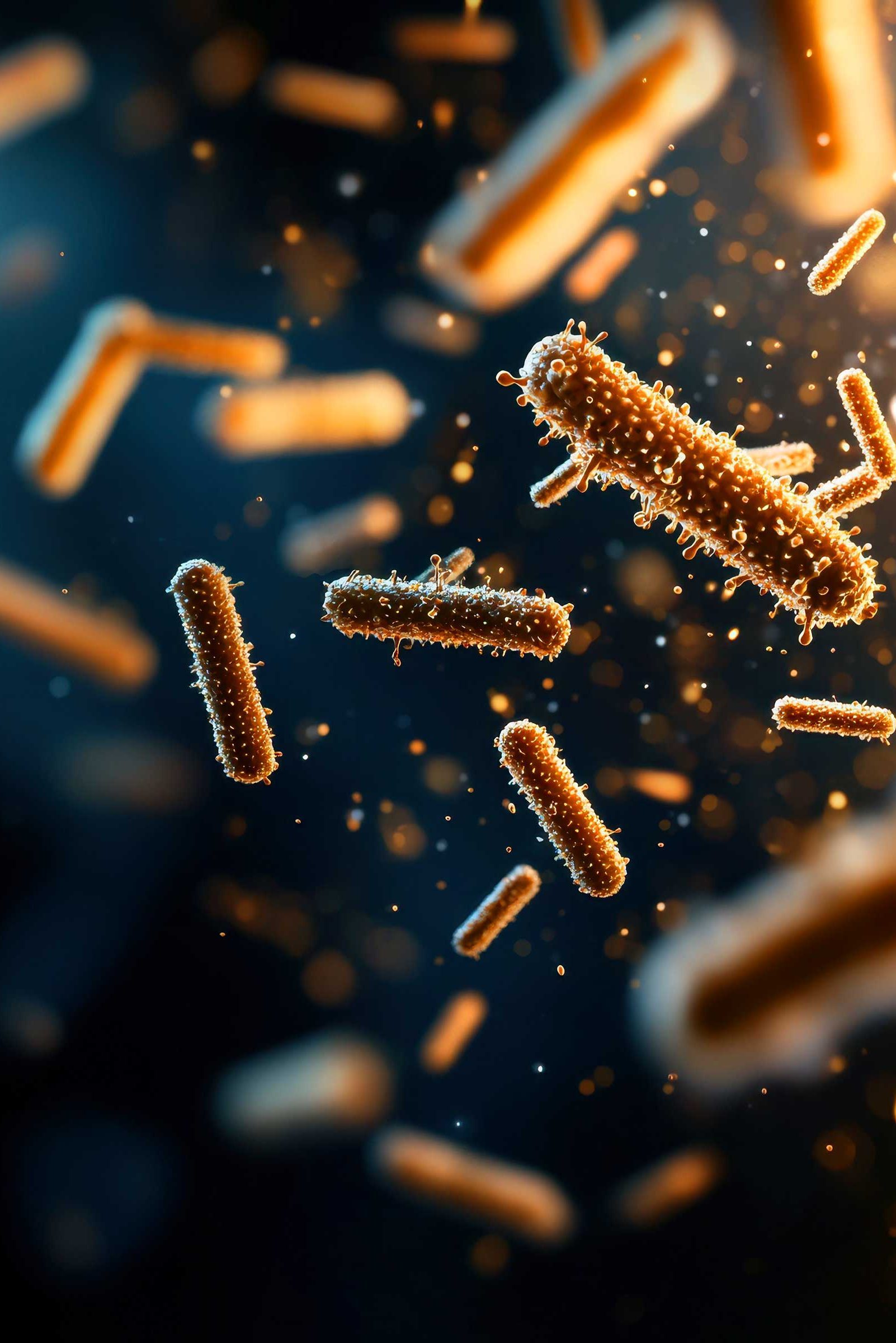The relationship between environmental toxins and longevity is complex. Exposure to various toxins—such as heavy metals, pesticides, and air pollutants—can negatively impact health,
-potentially leading to chronic diseases that shorten lifespan.
Conversely, reducing exposure to these toxins is often viewed as a key strategy for promoting health and longevity. Here are some factors to consider:
- Impact of Toxins: Chronic exposure to environmental toxins can lead to conditions like cancer, cardiovascular disease, and neurological disorders. Reducing exposure may help to mitigate these risks.
- Detoxification: The body has natural detoxification processes, primarily through the liver and kidneys. Supporting these systems through a healthy diet, hydration, and lifestyle choices can enhance the body’s ability to eliminate toxins.
- Environment and Lifestyle: Living in cleaner environments, consuming organic foods, and avoiding plastics can contribute to lower toxin exposure. This, in turn, may promote longevity.
- Research and Findings: Studies have shown that populations with lower levels of environmental toxins tend to have better health outcomes and longer lifespans. However, research is ongoing, and the mechanisms are not fully understood.
- Preventive Measures: Awareness and education about environmental toxins can lead to proactive measures, such as policy changes and community initiatives aimed at reducing pollution and promoting healthier living conditions.
Incorporating strategies to minimize toxin exposure while fostering a healthy lifestyle can be integral to enhancing longevity.









